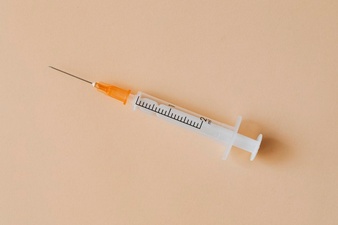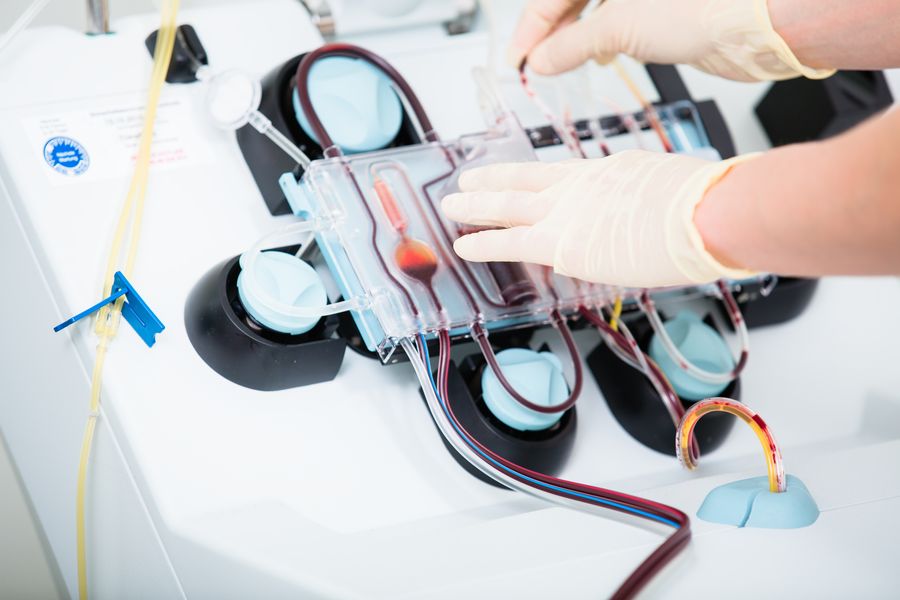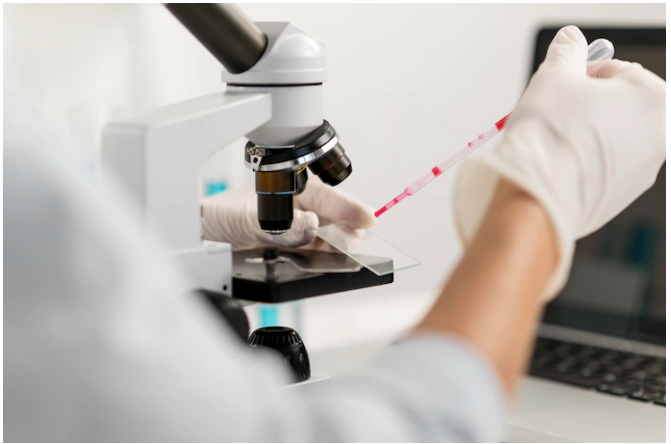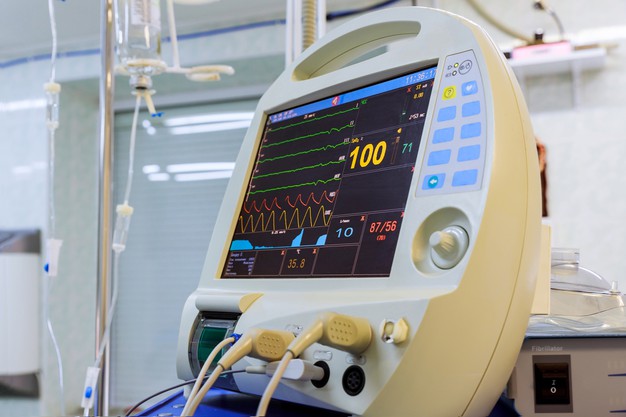The developments in the hypodermic needles market have been characterized as organic and inorganic growth strategies. Various companies are focusing on organic growth strategies such as launches, expansion, enhancement as well as relocation. Inorganic growth strategies witnessed in the market were mergers & acquisitions, partnership, collaborations, alliance, and agreement & joint ventures. These activities have paved way for expansion of business and customer base of market players.
Market leaders operating in the market have undertaken various organic growth strategies in the hypodermic needles market. The hypodermic needles market majorly consists of the players EXELINT International, Co., Terumo Corporation, BD, B. Braun Melsungen AG, Catalent Inc, Cardinal Health Inc, Vita Needle Company, Connecticut Hypodermics Inc., Vygon, Nipro, Barber of Sheffield, RETRACTABLE TECHNOLOGIES, INC., and AIR-TITE PRODUCTS CO., INC. The companies have been implementing various strategies that have helped the growth of the company and in turn have brought about various changes in the market. The companies have utilized organic strategies such as launches, expansion, and product approvals. Moreover, the companies have utilized inorganic strategies including mergers & acquisitions, partnership, and collaborations.
Cardinal Health Inc, and BD – Notable Market Players in Hypodermic Needles Market
Below is the list of the growth strategies done by the players operating in the hypodermic needles market:
| Year | News |
| Oct-2021 | BD hits 2 billion injection device milestone in support of global covid-19 vaccination efforts. |
| Mar-2021 | Catalent announced Catalent Biologics will significantly increase the manufacturing capacity for large-scale commercial supply of Janssen’s COVID-19 vaccine at Catalent’s manufacturing facility in Anagni, Italy. |
| Jul-2020 | Retractable Technologies, Inc. entered into partnership agreement with biomedical advanced research and development authority and Department of Defense’s Joint Program Executive Office for Chemical, Biological, Radiological, and Nuclear Defense (JPEO-CBRND) to expand its manufacturing capacity to produce safety needles and syringes in the United States. |



